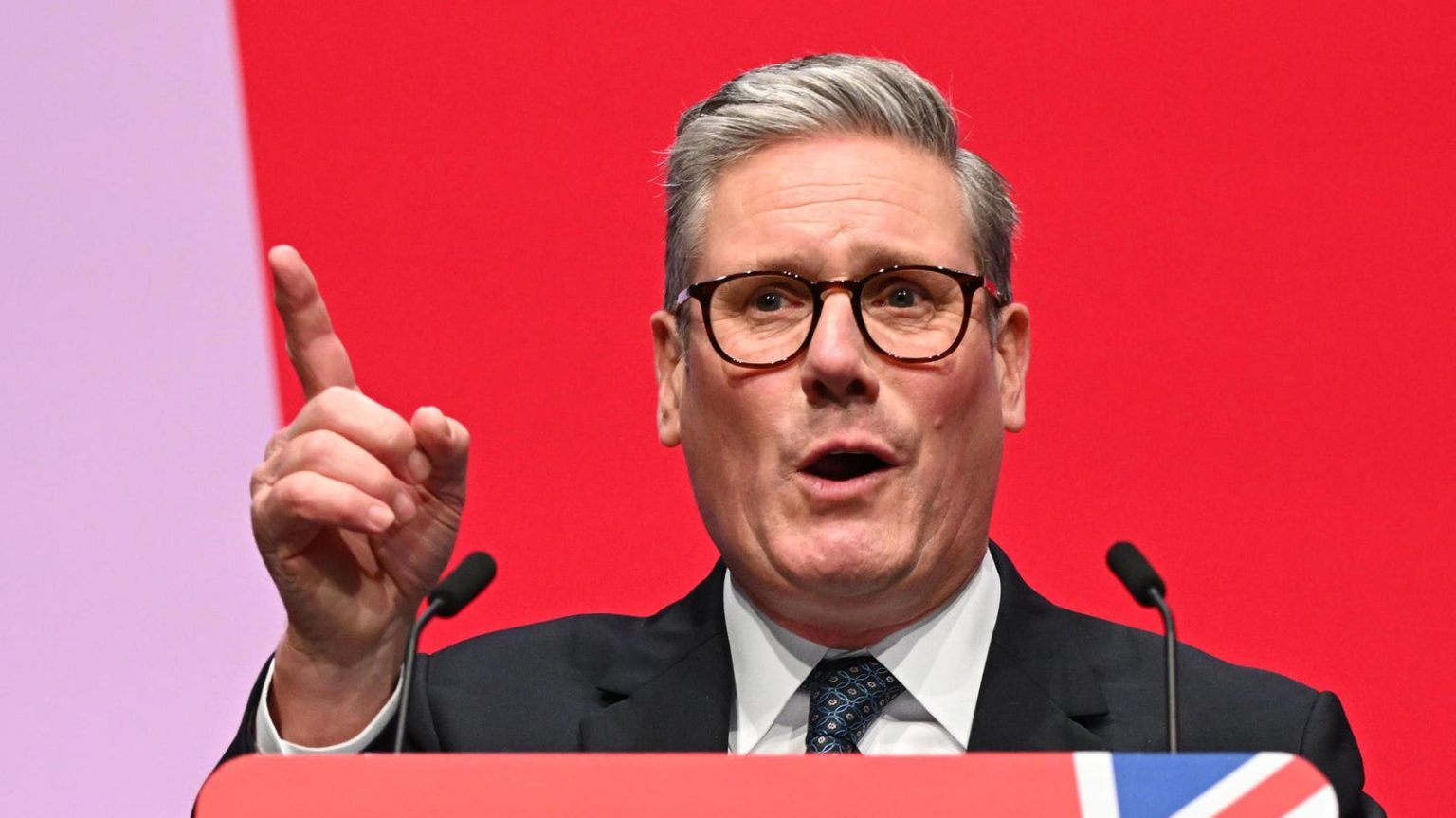UK Immigration Debate Reignited: Think Tank Calls for Long-Term Targets Amidst Record Numbers
The UK’s immigration landscape is once again under the spotlight, with a prominent think tank, Labour Together, advocating for a significant shift in policy. Their latest report urges the government to establish long-term targets for immigration, aiming to reduce overall numbers while addressing the nation’s economic needs. This call comes amidst record-high net migration figures and a renewed political debate on how to manage the flow of people into the country.
Labour Together’s proposal centers on an Australian-style national migration plan, which would involve setting "credible, long-term targets" for immigration levels. The plan emphasizes a pragmatic approach, ensuring that businesses have access to skilled workers when the domestic labor market falls short. Crucially, the report distinguishes its recommendations from calls for a strict migration cap or net zero migration, dismissing these as political gimmicks. Instead, it advocates for a more nuanced approach based on a thorough analysis of the UK’s economic needs and labor supply. This analysis would prioritize economic migration that demonstrably contributes to the nation’s fiscal health in the long run.
The backdrop to this proposal is a complex and evolving immigration landscape. Official figures reveal that net migration reached an unprecedented high of 906,000 in the year to June 2023. While subsequent figures show a decrease to 728,000 in the year to June 2024, attributed to policy changes implemented by the previous Conservative government, the numbers remain historically significant. This context underscores the urgency of the debate surrounding immigration policy and the need for a sustainable, long-term approach.
Labour Together’s report introduces the concept of an "emergency break" mechanism. This provision would allow parliament to intervene and adjust specific visa routes if immigration figures threaten to exceed the established targets. This measure is designed to provide flexibility and responsiveness to unforeseen circumstances, ensuring that the system remains adaptable to changing economic conditions and labor market demands. The report also highlights the historical failure of previous governments to meet their own migration targets, citing the Conservative government’s inability to maintain net migration below 100,000, a target set during David Cameron’s tenure.
The political dimension of this issue is further complicated by the contrasting stances of the leading parties. The Conservative Party, under the leadership of Kemi Badenoch, has pledged to implement a "strict numerical cap" on immigration, focusing on visas for individuals who can demonstrate a substantial contribution to the UK. Badenoch promises transparency by publishing comprehensive data on the costs and benefits associated with different types of migration. Meanwhile, Prime Minister Keir Starmer has resisted setting specific targets for cutting net migration, while nonetheless insisting that his government will achieve lower numbers. Starmer emphasizes the need for a "serious plan" to control borders, dismissing arbitrary caps and gimmicks.
Adding another layer of complexity to the debate is the connection between Labour Together and the current Labour government. Starmer’s chief of staff, Morgan McSweeney, is a former director of the think tank and is widely credited with orchestrating Labour’s successful general election campaign. Furthermore, the think tank’s current leader, Jonathan Ashworth, is a former parliamentarian and key figure in the same campaign, having served in Starmer’s shadow cabinet for several years. This close relationship raises questions about the potential influence of the think tank’s recommendations on future government policy, particularly given the prime minister’s reluctance to endorse specific targets thus far. The coming months will be crucial in determining how the government responds to these recommendations and whether a long-term strategy for immigration emerges, amidst the ongoing political and public discourse.


